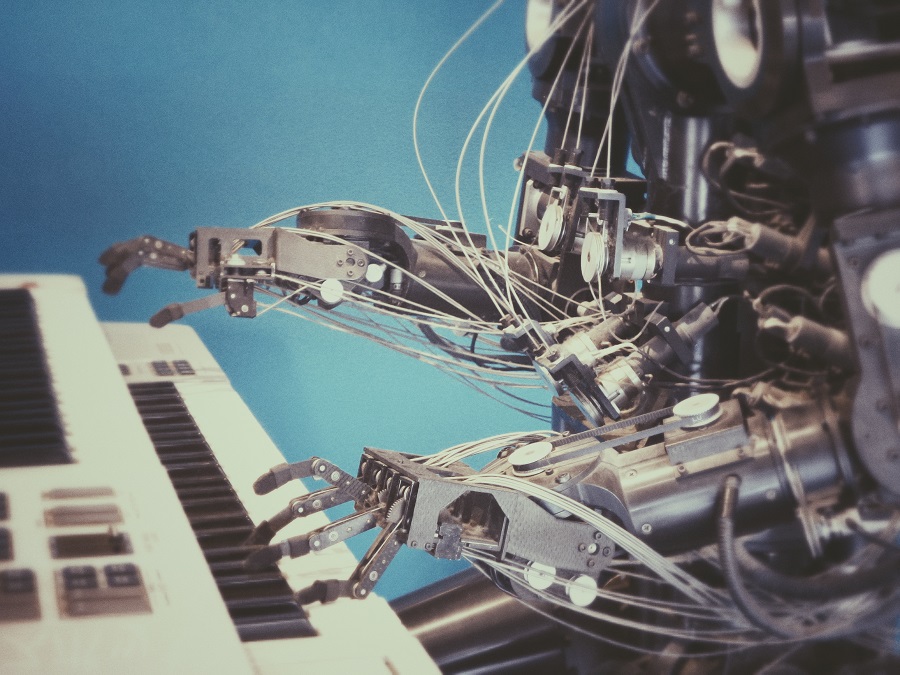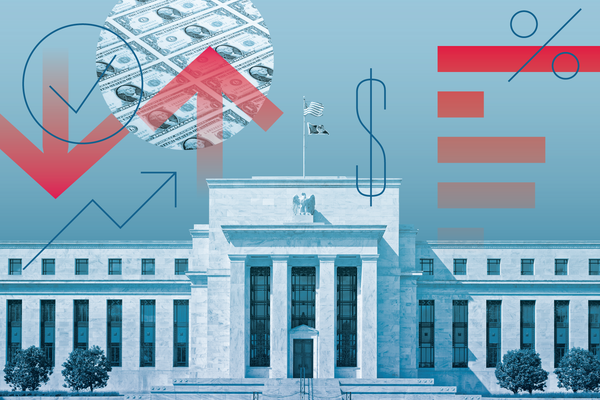
Sam Altman, founder of OpenAI, recently claimed that AI could eventually increase productivity 30-fold. That may happen. Eventually…
In the meantime, Preston Caldwell, Morningstar’s Head of U.S. Economics, recalls that labor productivity growth stood at 0.8% in the pre-pandemic decade compared to a 70-year historical average of 1.9%. “I think AI along with other factors will help push productivity growth over the next decade or so closer to 1.5%,” he predicts.
Robert Atkinson, president of the Information Technology and Innovation Foundation, has a similar perspective: “We’ll be lucky if in 10 years we get to 2% yearly productivity growth, but certainly not 4%.” Caldwell’s and Atkinson’s numbers of a yearly productivity hike in the range of 1.5-2.% means a doubling of the present rate – which “should be seen as a crisis”, Atkinson claims.
A doubling of productivity is not nothing, but it certainly is not all that much, especially when one remembers “that productivity hovered around 3% in the 1960s and still held at 2.3% in 1985,” Atkinson recalls.
Productivity Gains are Hard to Come By
It seems to be hard to get a toehold on productivity growth. In 1987, economist Robert Solow famously said that computers were everywhere but in productivity numbers. Notwithstanding Solow’s quip, it seems that computers did improve productivity, Atkinson notes, lifting it up from 1.5% by 1990 up to 2.5% by 2008.
In 2018, the McKinsey Global Institute (MGI) claimed that productivity growth would potentially reach 2% per year of which 60% would come from digitization. Five years later, that has not yet materialized, as productivity remains at historical lows, even though we are advancing headlong into the “AI revolution”.
Now, in a more recent study centering on generative AI of the ChatGPT type, McKinsey tackles the issue again, stating that generative AI could add to the global economy about US$7 trillion to a total potential economic impact of all AI technologies of about US$21 T. However, the study does not say over what time horizon that impact would extend.
McKinsey predicts that 75% of the benefits of AI will come from four areas:
- Customer operations,
- Marketing and sales,
- Software engineering, and
- R&D.
Atkinson, for his part, rather sees the impact of AI in robotics and their use in manufacturing.
Large Scale Job Loss Seems Unlikely
The fears of job decimation brought on by technology are nothing new. In the midst of an economic recession, John Kennedy in 1961 created an Office of Automation and Manpower in the Department of Labor, claiming that the major domestic challenge of the Sixties was to maintain full employment at a time when automation was replacing men.
“But the economy soon rebounded, generating millions of jobs, low unemployment, and robust wage growth, so everyone quickly put this issue in the rear-view mirror,” Atkinson recalls.
That is not to say that jobs won’t be lost. After all, “over 50% of people worked in agriculture 150 years ago, and now it’s 2%, points out Caldwell. The ‘destruction’ of those jobs was an epochal improvement in human wellbeing.”
But the prospects of large-scale job loss brought on by AI are unfounded, Atkinson believes. A 2013 study that widely circulated predicted that 47% of jobs could be eliminated by technology, mostly AI, over the next 20 years. Ten years later, that has hardly happened yet – and employment is at an all-time high.
Studies predicting massive AI-related layoffs abound, but studies effectively numbering them are inexistent. Challenger, Gray & Christmas, who produce monthly reports on job layoffs, reported for the first time 3,900 AI-related job losses in May 2023 out of a total of 80,000, all in the technology sector.
In 2018, testifying before a government commission, Atkinson estimated that only about 8% of jobs are at high risk of automation by 2024”. Has that prediction come to pass? “It’s hard to pinpoint, he answers. I’d say that 10% would be a high number. If we could automate 10% of jobs in North America by 2030, that would be fantastic, but I just don’t think it will happen.”
Job Enhancement Rather than Job Decimation
The consensus is growing that it is not so much that jobs will be automated away, but rather that tasks and functions within jobs will be AI-enhanced. “Early indications from Chief Information Officers point to more or less 25% efficiency gains which are leading software developers to accelerate innovation,” reports Dan Romanoff, Senior Equity Analyst at Morningstar.
If history is a reliable indicator, productivity gains from AI will generate jobs rather than decimate them. Historically, higher productivity has always lead to lower unemployment, Atkinson states. He refers to a McKinsey study that found that between 1929 to 2009, most years have featured concurrent employment and productivity gains.
Atkinson explains the underlying logic. “Companies invest in process innovation (innovations to boost productivity) to cut costs, and because of competitive markets they pass the lion’s share of those savings onto consumers in the form of price cuts (and some to workers in the form of higher wages). This added purchasing power is not buried; it is spent, and that spending creates new jobs. This dynamic is the same if productivity grows at 1 percent a year or 10 percent.”
Caldwell reasons along the same lines: “People will either get new jobs after AI, or they will work less and enjoy the fruits of our progress in the form of leisure. The main concern isn’t job loss per se, it’s the potential for inequality if the gains of AI only accrue to the very few. That’s a political question, not an economic one.”



















